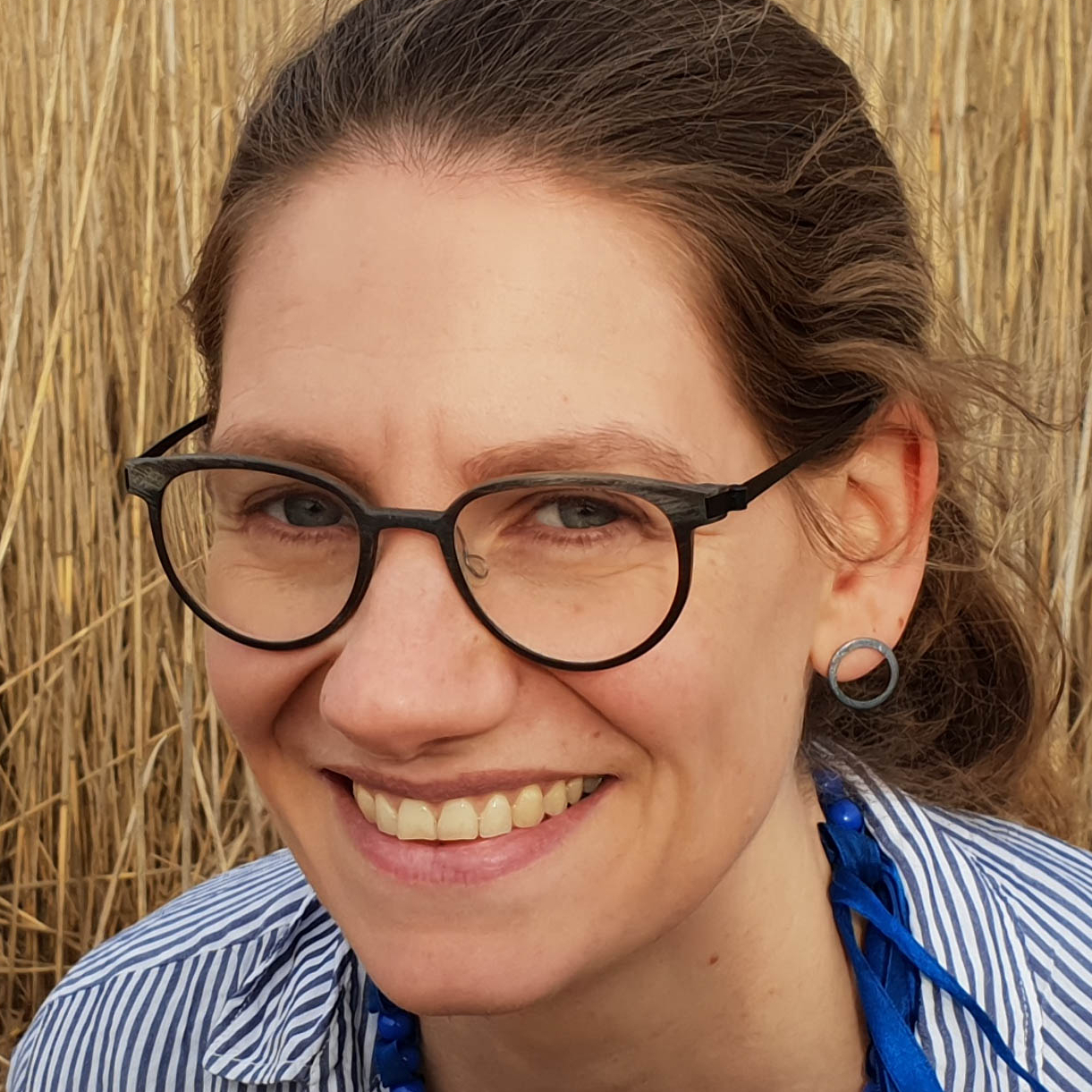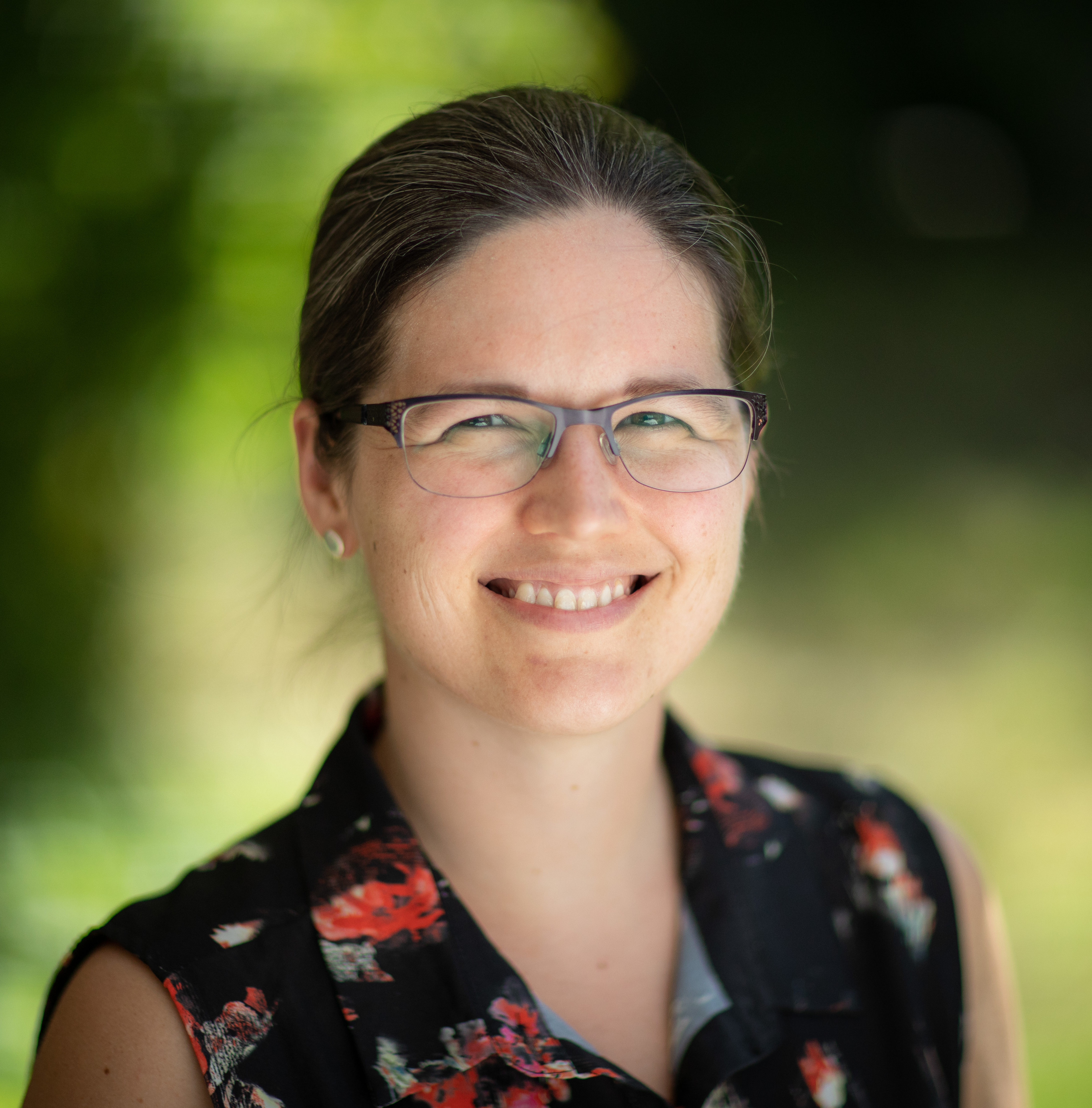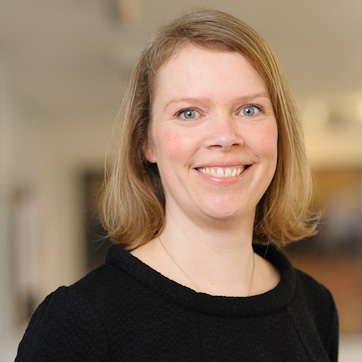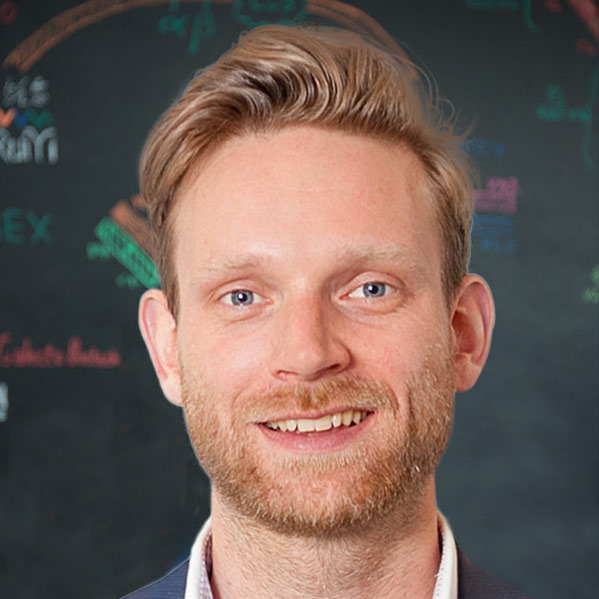PhD in Neuropharmacology, University Medical Centre Utrecht, The Netherlands
| Senior Research Scientist | |
|---|---|
| Novo Nordisk | |
Job highlight: Being involved in the development of the next generation drugs for obesity or diabetes
My research training set me up to… never lose my scientific curiosity.
What’s your background?
Throughout my studies and my academic career, I have been fascinated by the regulation of body weight and the role of the brain in this. I completed a BSc. in Biomedical Sciences followed by a MSc. in Neuroscience at the University of Utrecht in the Netherlands. I subsequently obtained a grant to study the role of the appetite-stimulating hormone ghrelin in anticipation to food for my PhD studies, also at the University of Utrecht. I continued my academic career as a postdoc in the lab of Dame Professor Frances Ashcroft in the Department of Physiology, Anatomy and Genetics at Oxford University, where I studied the mechanism of the FTO gene in the regulation of body weight.
Why did you move away from academia?
Although I enjoyed my postdoc, I felt an academic career was not for me for several reasons. I realised during my postdoc that I get more energy from working in a team than from working on a project alone. Therefore, I wanted to combine my interest in science with project management and a more team-based approach. Additionally, I wanted to switch to research that is more applied and patient-centered, rather than fundamental research.
Is there anything you miss about academia?
One thing I value from academia is the freedom you have to pursue your own ideas and hypotheses. Although I still have the freedom to explore my own ideas, this freedom is more restricted in my current job.
How did you get this job?
When I was considering my career after my postdoc, a friend that I had collaborated with during my PhD pointed out a job advert at Novo Nordisk that seemed perfect for me – Research Scientist in Obesity Pharmacology. I applied for the position, and after 2 rounds of interviews (one over the phone, one in Copenhagen), I was offered the job.
Did you think you had the skills required for your current position before you started? Were you right?
I knew I had the right background topic-wise, as my research career had focused on obesity, but I did not know exactly whether I had all the right skills as my day-to-day work tasks were somewhat different from my postdoc position. I am still involved in study planning and data analysis, but I do not perform as much hands-on work in my current position. On the other hand, I am more involved in project management and the communication of results to various stakeholders – things I was less experienced with, but eager to learn.
How did your PhD prepare you for your current job? For example, what were the transferable skills that you developed during your PhD that are most relevant to your current job?
My academic career prepared me in many ways for my current job. It taught me to be curious, to be analytical and critical, and to process and understand new information quickly. In addition, I learnt to focus on the important questions, and not to get side-tracked when testing a hypothesis.
Did you have any preconceptions about your sector that proved to be wrong?
I expected that I would not have any scientific freedom in my current job, and that the research agenda would be dominated by the business agenda. However, although there is less freedom than in academia, I am very much encouraged to come up with new ideas.
Can you describe a typical week in your job?
A typical week in my job involves a meeting with my technicians to discuss the ongoing in vivo pharmacology studies and plan the upcoming studies. I analyse data and make a presentation of the results, which is then presented at the project meetings. Within a project, people with different expertise are gathered together, and the latest results and project strategy are discussed at project meetings. Within my department, we discuss the development of new models, new interesting data, or the latest literature. In addition, I prepare suggestions for new potential drug targets, which have to be presented to a committee.
What’s the workplace culture like?
The workplace culture in Denmark is quite different from the British one. There is a strong focus on work/life balance. People are very motivated and work hard, but also want to have time in the evening to spend with their family. The workplace culture of the R&D division of Novo Nordisk is not very hierarchical, and it is easy to approach more senior people.
What are your favourite parts of your job?
I love being part of a project team and working together to achieve the next milestone. I also enjoy coming up with new ideas, creating a small team of dedicated people, and testing the validity of those ideas.
What are your reflections on your (future) career path?
I would like to continue my career in the pharmaceutical industry, and progress from a scientific role to a managerial role, either as a project manager or as a manager of a department.
Do you have any advice for current graduate students and postdocs considering a career outside of academia?
Contact people that have positions you might be interested in, to find out what their job is really about. Try to get involved in extracurricular activities to get additional experience in communication, leadership, etc…
Can you recommend any relevant resources, organisations or events that might help somebody new to the sector find out more about it?
Novo Nordisk has an Oxford Fellowship Programme, in which you work as a postdoc at Oxford University, but also get an introduction to Novo Nordisk. In this way you can find out whether a career in the pharmaceutical industry is for you. I also took part in the Biotechnology Young Entrepreneurs Scheme, which is a team challenge for early career scientists to create a hypothetical bioscience start-up, write a business plan and pitch the project. It is great fun, and gives you an insight into the world of biotech.
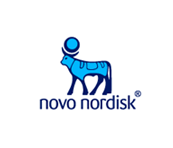 At Novo Nordisk, we are driving change to defeat diabetes and other serious chronic diseases. Novo Nordisk is a global healthcare company with more than 95 years of innovation and leadership in diabetes care. This heritage has given us experience and capabilities that also enable us to help people defeat other serious chronic diseases: haemophilia, growth disorders and obesity. Headquartered in Denmark, Novo Nordisk employs approximately 43,200 people in 80 countries and markets its products in more than 170 countries.
At Novo Nordisk, we are driving change to defeat diabetes and other serious chronic diseases. Novo Nordisk is a global healthcare company with more than 95 years of innovation and leadership in diabetes care. This heritage has given us experience and capabilities that also enable us to help people defeat other serious chronic diseases: haemophilia, growth disorders and obesity. Headquartered in Denmark, Novo Nordisk employs approximately 43,200 people in 80 countries and markets its products in more than 170 countries.
Careers Page: https://www.novonordisk.com/careers/working-at-novo-nordisk/available-jobs.html
Job Agent: https://www.novonordisk.com/careers/working-at-novo-nordisk/email-job-agent.html
Unsolicited Applications: https://www.novonordisk.com/careers/working-at-novo-nordisk/unsolicited-applications.html
Novo Nordisk Research Center Oxford: http://www.novonordisk.co.uk/about-novo-nordisk-in-uk/oxford-research-centre.html
Novo Nordisk – Oxford Fellowship Programme: https://www.rdm.ox.ac.uk/work-with-us/novo-nordisk-oxford-fellowships

